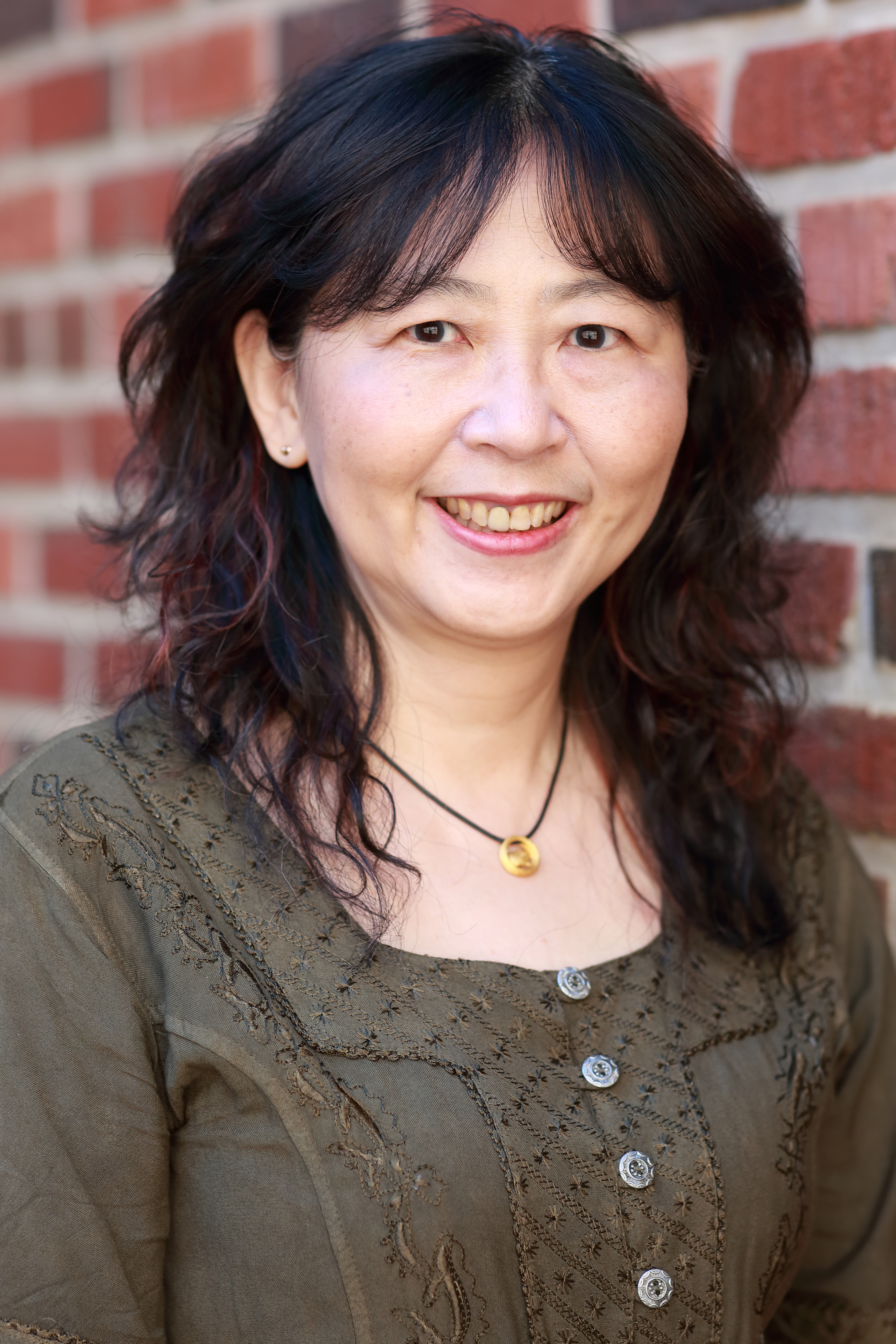U of A researcher focuses on driving meaningful, large-scale change to help people reach their full potential
3 December 2024

Shu-Ping Chen. Photo supplied.
Shu-Ping Chen is an associate professor in the Faculty of Rehabilitation Medicine’s Department of Occupational Therapy. She joined the University of Alberta in 2015 after completing a postdoctoral fellowship at the Mental Health Commission of Canada where she focused on stigma reduction in youth populations. She earned her PhD in rehabilitation science from Queen’s University, Kingston; an MA in occupational therapy from New York University; and a BSc in occupational therapy from National Taiwan University.
Chen practised as an OT director in a psychiatric hospital for more than 10 years and has taught at the university level for more than 10 years. Her current teaching and research focus on social inclusion for individuals with mental illnesses and mental health promotion.
We caught up with Chen to learn more about her and her research.
Please explain the focus of your research and why it's important.
My research focuses on two areas that impact the well-being and inclusion of people in our communities.
First, I promote mental health on university campuses. This includes finding ways to prevent mental health challenges, promoting mental well-being, reducing substance misuse, addressing stigma and encouraging students to seek help when they need it. Supporting students’ mental health is critical because it not only helps them succeed academically but also lays the foundation for their long-term personal and professional growth.
Second, I focus on fostering social inclusion for marginalized populations. This includes people with serious mental illnesses, exploring how, through peer support, they can sustain and advance their careers; and new immigrants, examining their health and safety at work, with the goal of ensuring employment equity. Feeling included in society is vital, as it fosters a sense of belonging, strengthens community bonds and empowers individuals to contribute fully to their communities.
What impact is your research making or do you hope it will make in the future?
The impact of my research is in driving change that enables people to reach their potential, feel connected to their communities and transform the social environment into one that is more inclusive and equitable. By promoting mental health and breaking down barriers to inclusion, I aim to influence how we design systems, from universities to workplaces, to be more supportive and empowering. My ultimate goal is to create environments where individuals are not just accommodated but genuinely valued, contributing to shifts in societal attitudes and norms. This work aspires to shape policies and practices that foster belonging, resilience and opportunity, ultimately changing the social environment to better support diverse and marginalized populations.
What part of your work do you find the most rewarding? The most challenging?
The most rewarding part of my work is witnessing individuals with lived experience feel empowered to advocate for themselves and actively drive social change. Their growth, resilience and ability to challenge and influence the systems around them reaffirm the significance of this work. Seeing their voices contribute to meaningful progress toward inclusion and equity is both inspiring and deeply fulfilling.
The most challenging aspect is confronting public stigma and systemic barriers that perpetuate inequity. Marginalized populations often face biases that unfairly limit their opportunities, regardless of their skills or potential. Systemic barriers, such as restrictive policies or inadequate support structures, further hinder access to essential resources. Addressing these challenges demands not only shifts in societal attitudes but also persistent advocacy for tangible policy changes and institutional reforms to create a more equitable and supportive environment.
What first drew you to rehabilitation medicine and this area of research?
What drew me to this area of research was my extensive experience as a mental health occupational therapist. Through my clinical work, I witnessed the transformative power of promoting mental health and social inclusion in helping individuals lead fulfilling lives. These experiences underscored how critical it is to address systemic barriers and create environments that empower people to reach their potential. This motivated me to move beyond individual care to focus on research that drives meaningful, large-scale change in mental health and social equity, ensuring these principles are embedded in our communities and systems.
What's the No. 1 piece of advice you give your students?
The No. 1 advice I give my students is to deeply value lived expertise. People with firsthand experience bring insights that no textbook or theory can provide, offering a perspective that is both unique and essential for understanding real-world challenges. By listening to and collaborating with those who have lived experience, we not only develop more effective and meaningful solutions but also foster empowerment and inclusion. This ensures that our work remains grounded, impactful and truly responsive to the needs of the communities we serve.
What is something your colleagues would be surprised to learn about you?
I’m a pretty good baker — I make excellent bread! I picked up baking during COVID as a way to pass the time and quickly discovered how much I enjoy it. There’s something incredibly calming about kneading dough and so rewarding about seeing a fresh, golden loaf come out of the oven. Honestly, if I ever lost my job, I might just open a bakery!